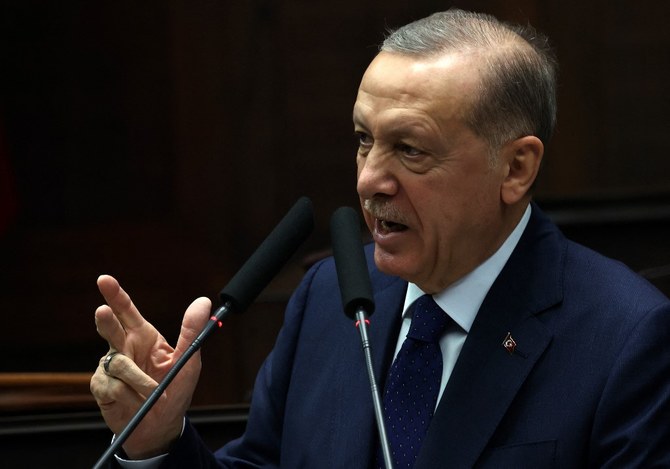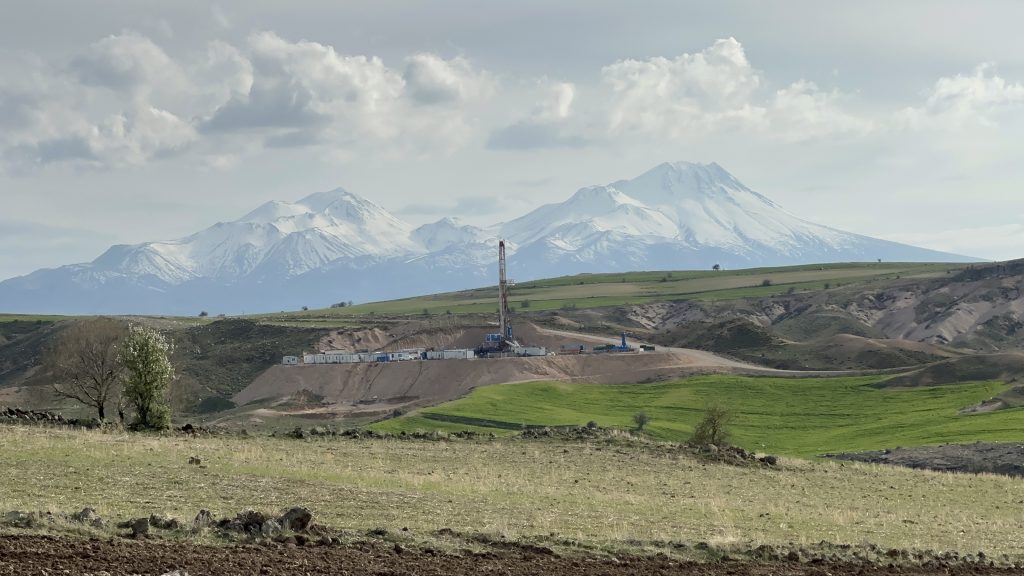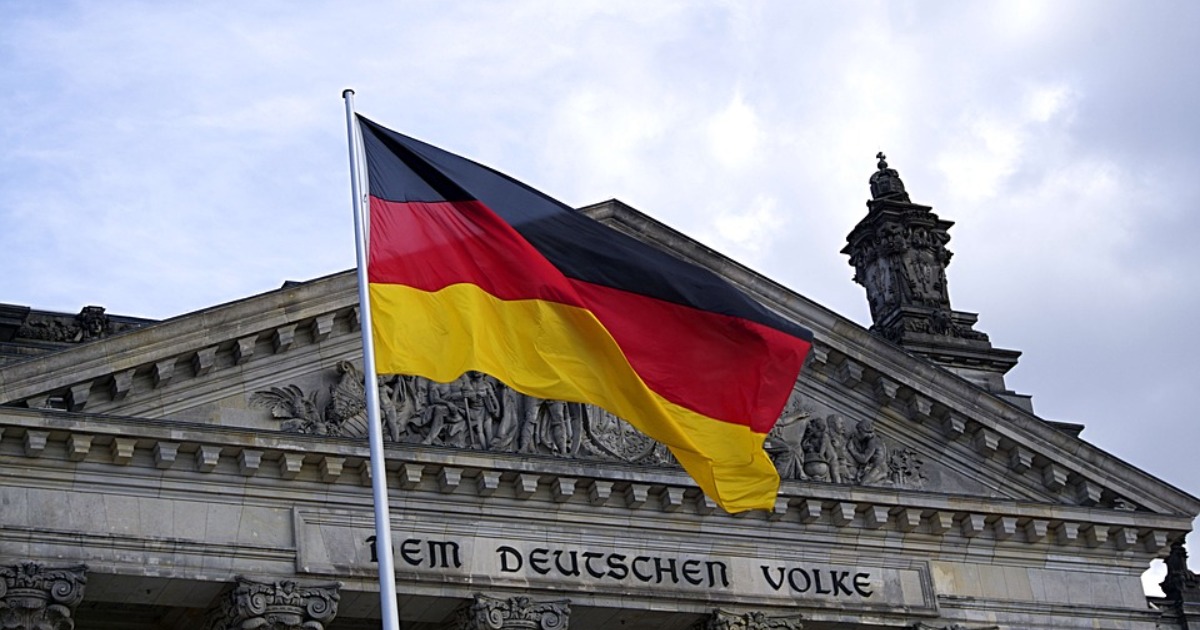Syria’s stakeholders divided over Turkiye rapprochement
Syria’s stakeholders divided over Turkiye rapprochement

Throughout the past decade, Turkish foreign policy has gone through crucial predicaments. The crisis at its doorstep, in Syria, has been the main reason for this. The Syrian crisis has had several implications for Turkiye on different levels: Worsening the Kurdish issue, exacerbating the refugee crisis, increasing security threats at home and abroad, intensifying domestic polarization due to economic and social problems, and straining its relations with several actors, both global and regional.
Except for a brief period when Ankara tried to convince Damascus to conduct reforms, Turkiye has consistently aimed for the fall of the Bashar Assad regime, supporting opposition groups and sheltering millions of Syrian refugees. As the Syrian crisis went through several different stages, Ankara’s policy likewise saw crucial transformations.
Turkiye-Syria relations, which have seen years of hostility and even enmity between Turkish President Recep Tayyip Erdogan and Assad, have now reached a critical juncture. Top Turkish and Syrian defense and security officials held their first public meeting in more than a decade in Moscow on Dec. 28.
This crucial meeting has caused unease among several actors, including the US, Kurdish militias, Syria’s armed and political opposition, Israel, and the Syrian refugees living in Turkiye. Since the deterioration of its relations with Damascus affected Ankara’s relations with several actors, in the same vein any thaw is likely to affect its ties with Syria’s other stakeholders.
How the talks will affect the balances in Turkish politics ahead of this year’s elections is a question that remains unanswered for now
Sinem Cengiz
Let us start with the Syrian opposition. Syria’s political and armed opposition have urged Turkiye to reaffirm its support for their cause after the Moscow meeting. Hoping to assuage the opposition, Turkish Foreign Minister Mevlut Cavusoglu on Tuesday welcomed the opposition figures and reiterated support for a UN Security Council resolution that calls for a political settlement in Syria. During the Astana peace process with Russia and Iran, Ankara considered the opposition to be a powerful card to play in the diplomatic game against Assad’s allies.
The next actor alarmed by this meeting was the US, which is also the staunchest backer of the Kurdish groups in Syria that Ankara considers to be terrorist. On Tuesday, Washington urged all nations to think twice about rehabilitating Syria’s “brutal” Assad. Although during the initial phase of the crisis, the Turkish and American goals in Syria were similar and the two countries often coordinated, over time this cooperation weakened due to the conflicting interests of the two sides.
As the Kurdish issue was exacerbated at home and Ankara took a harsh stance on countering the Kurdish separatist threat beyond its borders, the US continued to work with the Kurdistan Workers’ Party’s Syrian Kurdish offshoot, the People’s Defense Units, known as the YPG, in the fight against Daesh, allowing it to expand its area of influence in Syria. The latest crisis in Turkiye-US ties erupted last year, when Ankara threatened to launch a new ground operation against the YPG in Syria. Therefore, the third actor concerned over the Turkish-Syrian normalization is the US-backed Kurdish groups that have benefited from the hostility between Ankara and Damascus for more than a decade.
The fourth actor is Damascus’ last regional enemy that remains on its southern border: Israel. If the Turkish-Syrian normalization process succeeds, Israel will be the odd one out in the region, as other regional parties have also been in the process of engaging with Damascus. For example, while headlines are dominated by news of regular airstrikes by Israel against Syria, Hamas reconciled with Damascus through Iranian mediation.
Although Syria poses no direct military threat to Israel, its potential normalization with Turkiye and return to the regional fold would have several repercussions for Tel Aviv, particularly the growing Iranian influence in Syria, Lebanon and even within Palestinian groups. This is one of the main reasons why Israel considers the Syrian Kurds to be allies against Iranian influence in Syria and has been supporting them for several years, both diplomatically and in other means.
Lastly, the talks between Ankara and Damascus have further concerned the nearly 4 million Syrian refugees who have sought shelter in Turkiye since 2011, as Ankara has recently accelerated efforts to increase what the state calls “voluntary returns.”
Like those that are against the normalization talks, there are also supporters. Russia backs the Turkish-Syrian reconciliation more than any other political actor. The Turkish and Russian leaders developed strong ties through the Astana peace process. Iran, which is Astana’s third actor, also embraces the talks led by Russia with a supportive tone.
In Turkiye, the political opposition, which was critical of Ankara’s crisis with Syria, was always supportive of the normalization of relations and repatriation of refugees. However, how the Turkiye-Syria talks will affect the balances in Turkish politics ahead of this year’s elections is a question that remains unanswered for now.
Any Turkish-Syrian rapprochement seemed unthinkable even just a year ago. However, this development not only involves Ankara and Damascus, but also the many other actors mentioned above that have stakes in this crisis, as their interests were aligned with the decade-long hostility between the two neighbors.
- Sinem Cengiz is a Turkish political analyst who specializes in Turkiye’s relations with the Middle East. Twitter: @SinemCngz
Disclaimer: Views expressed by writers in this section are their own and do not necessarily reflect Arab News’ point of view




